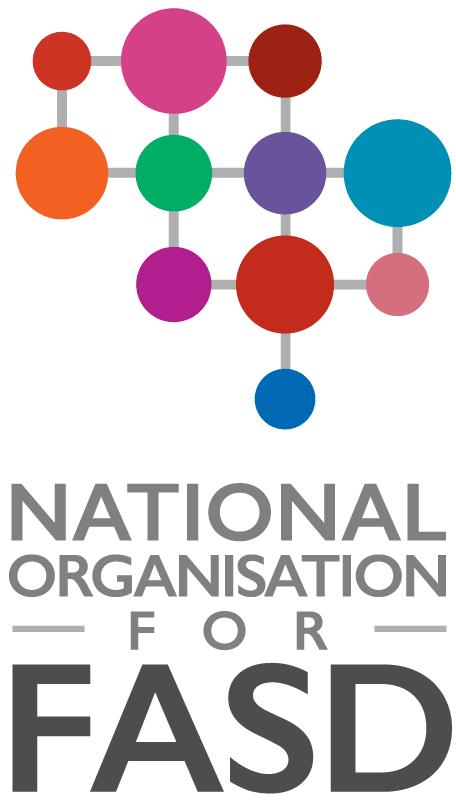The time has now come where schools can no longer afford to ignore FASD ...
“…it is highly likely that an average sized primary school (with 60-90 children in the target age group [8-9]) would have at least one or two cases in that year group.” – (McCarthy, R., Mukherjee, R.A.S., Fleming, K.M., Green, J., Clayton-Smith, J., Price, A.D., Allely, C.S., Cook, P.A., 2021)
The latest prevalence figures for FASD suggest that 1.2 – 2.4 million people in the UK in 2020 had FASD[1], most of whom will be undiagnosed and unsupported. This is a truly massive number of people of all ages living with a complex, neurological condition, who require diagnosis, support, and understanding. FASD often makes learning more difficult and can lower the attainment that we all desire for pupils and students.
This realisation is a big deal for schools, as the above figures from the University of Salford suggest. Large numbers of pupils in each and every school across the UK could be living with an unrecognised, undiagnosed condition, that affects their education and for which they receive no support whatsoever.
Not only is the prevalence of FASD now being recognised, but the need to act is materialising very quickly.
Change isn't just coming; it's happening
On the 9th of September, the Department for Health and Social Care (DHSC) released its FASD Health Needs Assessment for England. This landmark document highlights:
- a lack of robust prevalence estimates in England;
- the importance of multi-sector working to support individuals through the life course;
- better training and awareness for health professionals;
- better organisation of services to improve accessibility;
- a need to develop innovative approaches to support those living with the condition.
Later this year, NICE is expected to release its new Quality Standard, which will further cement FASD as a headline issue for public services in England.

Schools need to be a part of the leading edge on FASD
Much of the current thrust of recognition and change is coming from Health. However, schools cannot stand at the side-lines. Everyone in education wishes for the young people that they work with to reach their full potential, and therefore tackling any significant barrier to this is important.
Together, this increasing awareness, government-level recognition and legislation are culminating in a fast-approaching crunch-time for everyone, including schools. Before long, those schools which haven’t begun to address the children in their care with FASD , will be the ones playing catch-up.
FASD is a complex, lifelong condition, and those living with it require adequate support in all areas of their lives, especially education. In order for this to be realised, schools need to ensure that all their relevant staff understand FASD, including what causes it and how it affects people.
The time has now arrived when schools can no longer afford to ignore FASD, and training and understanding is a necessity. This is particularly true in the case of specialist schools, designated teachers and SENCOs, so that appropriate education plans can be drawn up within each school.
Schools will be included in the drive forward, as multidisciplinary care plans will be derived for the increasing number of children and young people identified with FASD, and Education will have a major role to play.
At National FASD, we offer expert-approved FASD training for all professionals, including educators. We offer two in-person training options, in partnership with Seashell, which include 1-day courses and 3-day courses. These courses were developed with input from experts under a DHSC grant. We also offer our own, new e-learning course.
Brian Roberts, member of National FASD’s expert committee, is a former virtual school head, FASD trainer and dad to three with FASD
Our 1-day course, titled Introduction to Supporting Children and Young People with FASD, is designed to help professionals across education, health, and social care further their understanding of FASD and how it affects people. If needed, dates for this course can be booked exclusively for one local authority.
Titled, Me and My FASD, our innovative 3-day course is tailored for all practitioners supporting a young person to understand their FASD diagnosis.
Our e-learning is available individually or at a bulk discount, and is an Introduction to FASD that can be carried out at a time that suits you.
As well as our training sessions, we have developed a brand-new Me and My FASD Toolkit, that can be used by SENCOs and other educators working with young people with FASD to help improve mutual communication and understanding.
You can find out more about our resources for educators and book your training by clicking here.
For more information
For more about providing equal access to education for pupils with FASD
Please visit our Educators page here.




